The Poet and the News
More than ever, I seem to imbibe the news, allow it to become a part of me, choke my obsessive subconscious like invasive kudzu. No wonder then that I feel tempted to write about these events and their consequences.
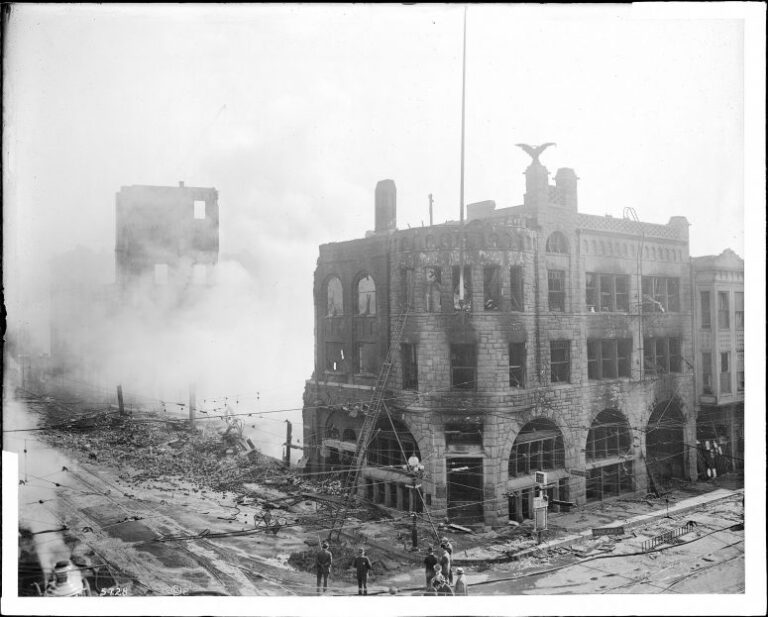
More than ever, I seem to imbibe the news, allow it to become a part of me, choke my obsessive subconscious like invasive kudzu. No wonder then that I feel tempted to write about these events and their consequences.
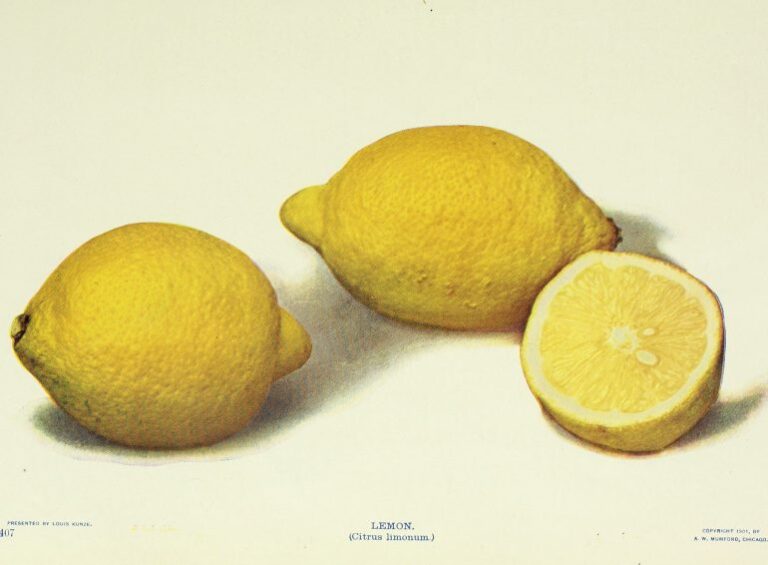
I learned that I could respond to poetry with a thousand times a thousand micro-emotions. I soon began to wonder what I even meant by “serious” poetry, and what constituted a poem’s artfulness. I reflected upon the fact that those initial ideas were narrow, even elitist, and they are ultimately limiting to both poets and readers.
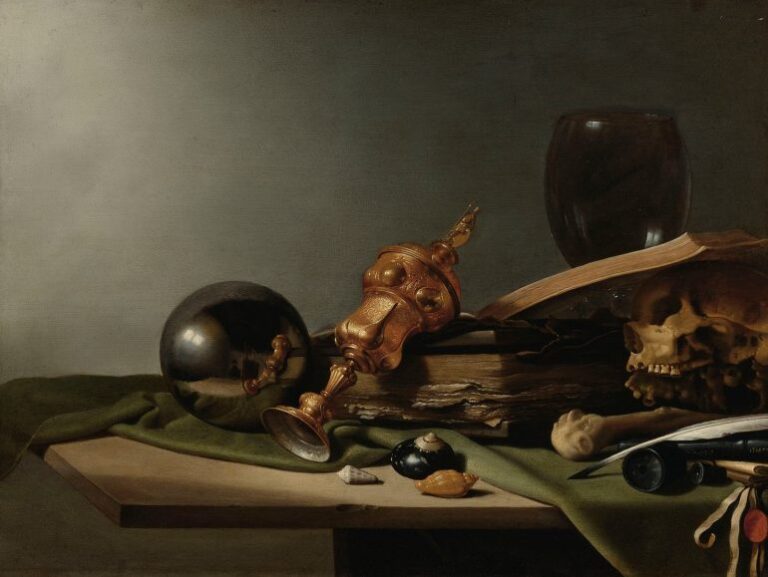
All of my attempted love poems sound like elegies, and so I’ve given up trying to write them for my beloved, lest I give the wrong impression. Occasionally, however, one will come to me like a windfall, a speck of gold in the pan.
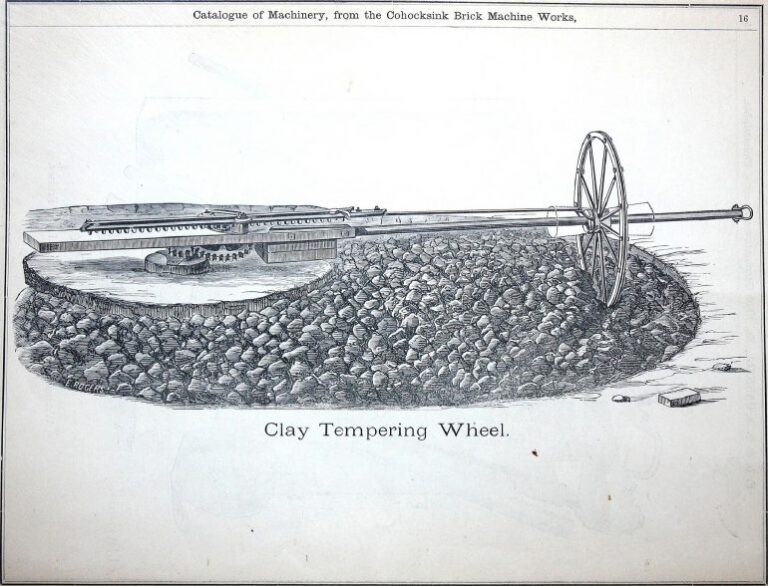
Every time I pause in front of a stack of lit mags at my house, I find myself flipping through one for a morsel. Gimme something good. I find myself re-reading things I’ve already read and feeling surprised by them again and again, as if the magazine keeps the poems new and Ziploc-fresh.
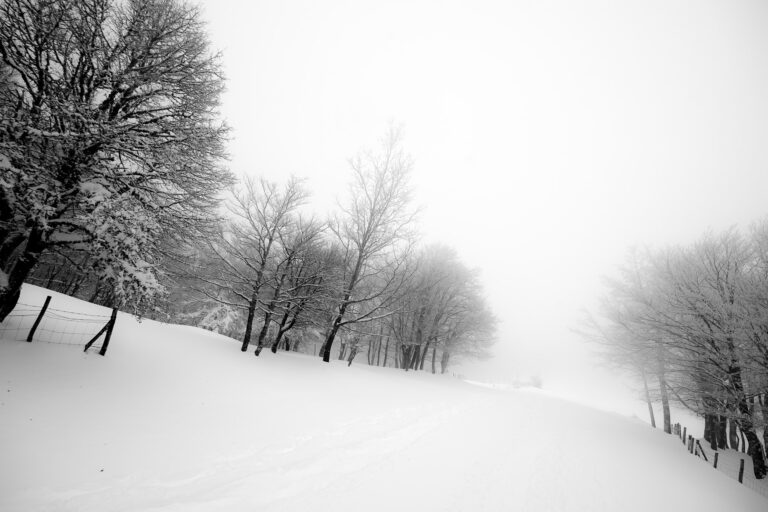
It’s snowing again, and the world contracts, like my heel’s screws in the cold. The sky and ground reflect one another, white-gray, and the space between the two becomes more tangible, more intimate in the precipitation’s revelation of how far it has to go.
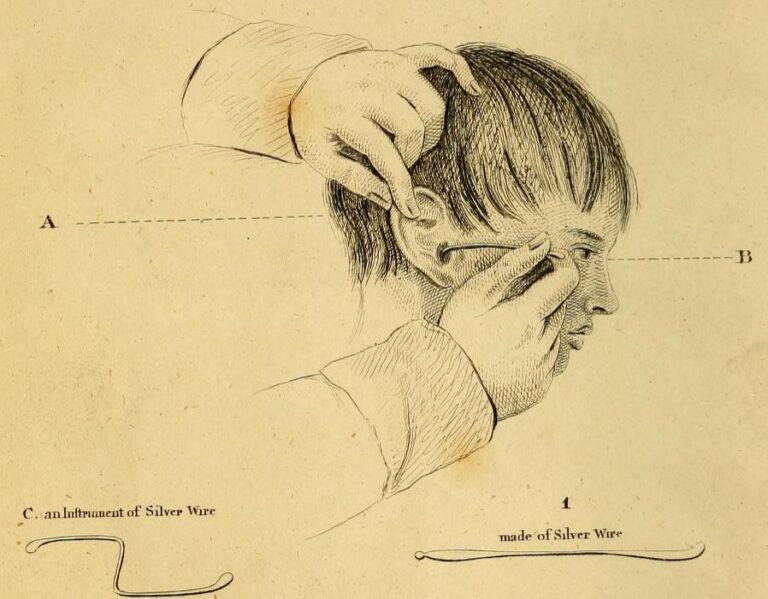
For so long, I’ve heard academic poets and readers disparage poems written to be spoken aloud, condemning them as less thoughtful, as noisy and navel-gazey, their craft less delicate and considered.
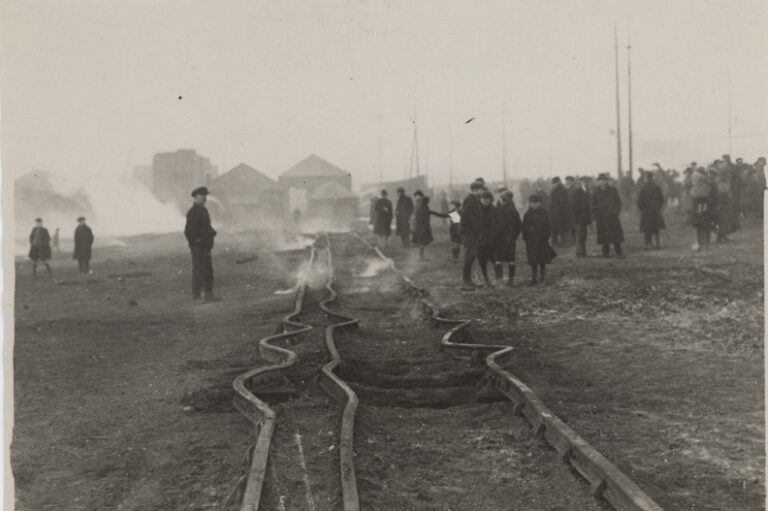
If the question is whether most Americans are reading poetry, the answer is—I won’t sugarcoat it or fudge the numbers—“no.” My mother doesn’t read poetry, unless it’s mine. Does yours?
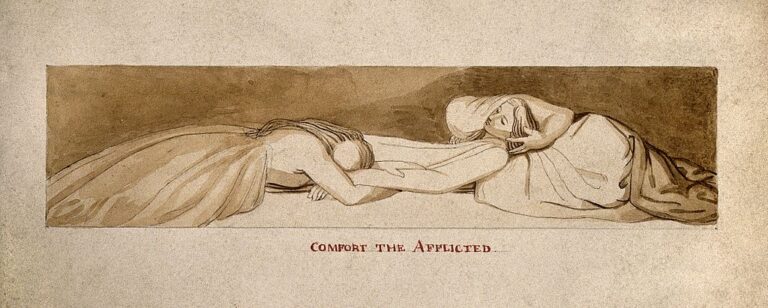
My role on the uncollected was simple: as a third-year grad student in Virginia Commonwealth University’s MFA program, I was to go to the Levis Archives held at VCU’s Cabell Library and check old xeroxes against the holdings to make sure these were the last drafts of the poems. The archives are messy, as Levis seldom dated drafts or filed them in any kind of discernible order.
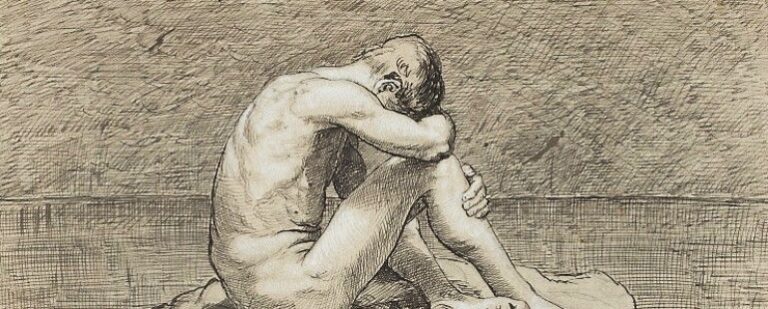
Poems, for me, are the epitome of Dickinson’s capital-L Loneliness, that loneliness that accompanies and keeps one from feeling utterly alone, its shadow-shape, its cameo presence.
No products in the cart.